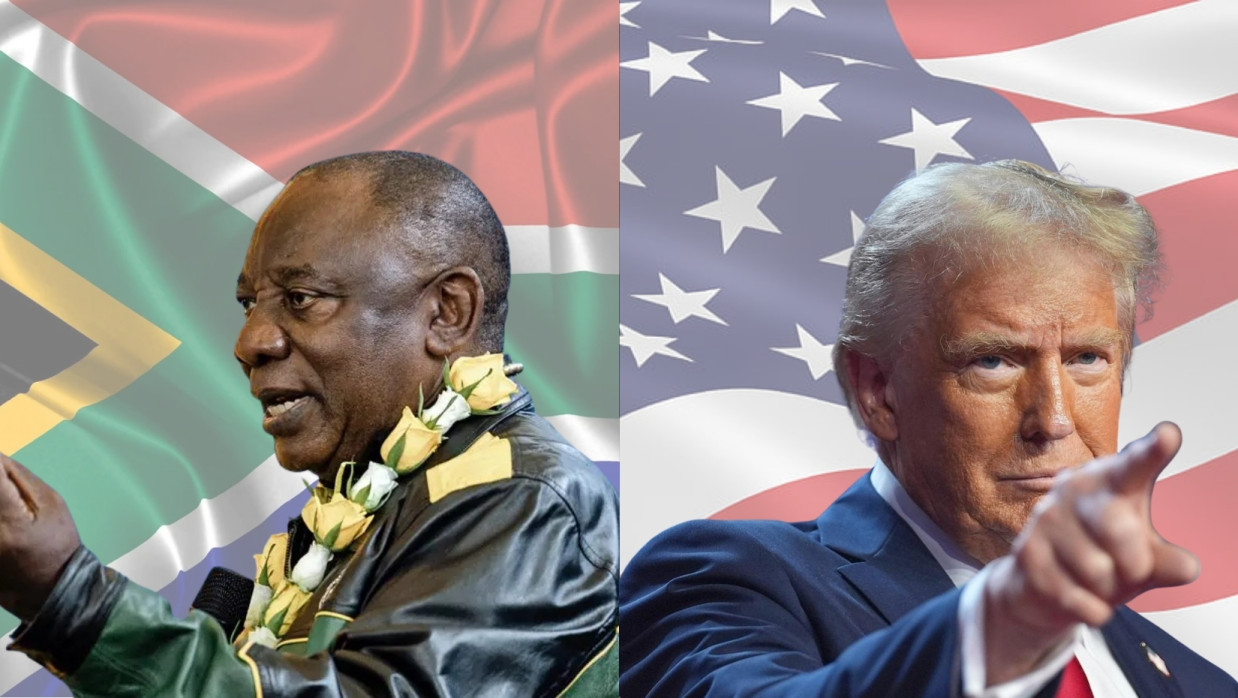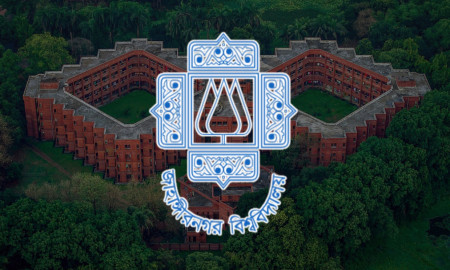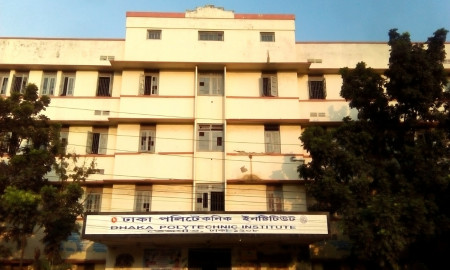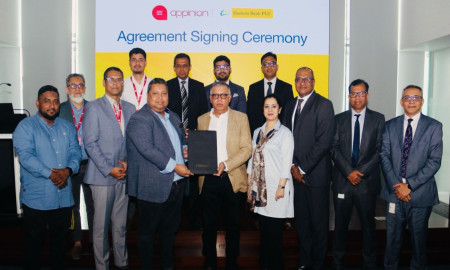Ramaphosa Heads to White House in High-Stakes Bid to Repair U.S. Ties Amid Rising Tensions

South African President Cyril Ramaphosa is preparing for one of the most delicate diplomatic engagements of his tenure: a face-to-face meeting with U.S. President Donald Trump. Known for his role as Nelson Mandela's lead negotiator during South Africa's transition to democracy, Ramaphosa’s political and diplomatic finesse will be put to the test as he aims to restore fractured ties with Washington.
Despite weeks of diplomatic silence from the White House, Press Secretary Karoline Leavitt has refused to confirm the visit. Ramaphosa remains focused on trade. Speaking in Washington, he emphasized: “The trade relations are what's most important. We want to leave the U.S. with a strong trade deal and revitalized bilateral ties.”
At the heart of the tension is a series of inflammatory accusations from Trump and his close adviser, Elon Musk, who have repeatedly claimed that white Afrikaner farmers in South Africa are victims of a “genocide”—an assertion widely discredited by international observers. The situation worsened after Ramaphosa signed a contentious land reform bill in January, permitting the expropriation of private land without compensation in specific public interest cases.
In retaliation, the U.S. suspended key aid programs and began offering refugee resettlement to Afrikaners, descendants of Dutch and French settlers. The diplomatic row intensified when South Africa’s ambassador to the U.S., Ebrahim Rasool, was expelled following his public criticism of Trump’s rhetoric, accusing the administration of “mobilising supremacism.” Secretary of State Marco Rubio branded Rasool a “race-baiting politician.”
The arrival of the first group of Afrikaner refugees in the U.S. last week has only deepened the diplomatic rift, with Trump renewing his claims of land seizures and violent attacks on white farmers—allegations the South African government continues to reject.
South African political analyst Prof. Anthoni van Nieuwkerk described the visit as a “high-risk strategy” given Trump’s aggressive posturing. Ramaphosa’s spokesperson, Vincent Magwenya, told the BBC the primary aim is to “lay the groundwork” for a reset in relations, with particular emphasis on the African Growth and Opportunity Act (AGOA). This U.S. legislation, which grants duty-free access to African exports, is set for review, and there are fears South Africa could be excluded.
South Africa, a top AGOA beneficiary, earned $2.7 billion from the scheme in 2023, mainly through exports of vehicles, precious metals, and jewelry. “If Agoa isn’t renewed for us, we are prepared to propose a new mutually beneficial trade framework,” Magwenya said.
The South African delegation includes four senior cabinet ministers, among them Agricultural Minister John Steenhuisen, a member of the Democratic Alliance, which has often criticized the ANC’s empowerment programs as fostering cronyism.
The backdrop to the visit is further complicated by South Africa’s case against Israel at the International Court of Justice (ICJ, filed in December 2023), where it accused Israel of genocide in Gaza—a claim Israel denies. While Ramaphosa’s team acknowledges the ICJ case will remain a point of contention, they hope to shift focus to areas of agreement, such as humanitarian concerns in Gaza.
“There’s a shared understanding between us and the Trump administration regarding the humanitarian crisis. We want to build from there,” Magwenya added.
Experts believe Ramaphosa’s charm may be the key to softening Trump’s stance. The South African leader has already extended a golf invitation to Trump for the G20 Summit in Johannesburg this November—an attempt to find common ground off the political battlefield.
“Cyril Ramaphosa was instrumental in ending apartheid—not just because of strategy, but because of his calm demeanor and negotiation skills,” Prof. van Nieuwkerk said. “If rational thinking prevails, this meeting could turn the page.”
However, he warned that if emotions flare over topics like the white genocide claims, “Trump could use the Oval Office as a stage to embarrass Ramaphosa.”
Dr. Lubna Nadvi, a political analyst at the University of KwaZulu-Natal, echoed this view, saying Ramaphosa “has the personality to handle high-pressure diplomacy” but emphasized the need to dispel “propaganda” and assert South Africa’s sovereign right to self-determination.
Magwenya was firm that the South African delegation isn’t coming with a “begging bowl.” He noted that the U.S. also relies on key South African exports—minerals, metals, and fruits—and benefits from the country’s strategic location.
“This is not a sprint,” Magwenya said of the White House meeting. “It’s the start of a longer process to rebuild mutual respect and cooperation.”
The outcome of this meeting could mark a turning point—or a deepening of a diplomatic impasse with broad geopolitical implications.
Source: BBC








